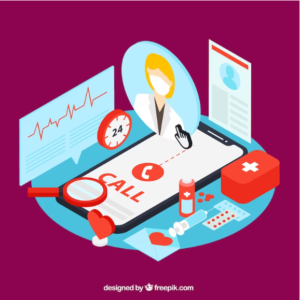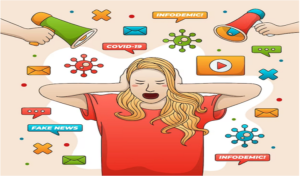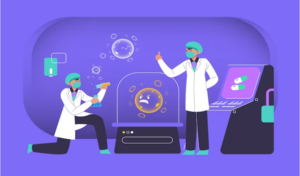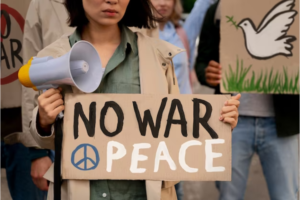The Psychological Impact of Health Emergencies on Individuals and Communities

Pandemics, outbreaks, and natural disasters are all examples of health situations that affect not only people’s physical health but also their mental health in a big way. After several epidemics, like the SARS outbreak in 2002 and the Ebola virus breakout in West Africa in 2014, the effects on mental health have been seen. This piece talks about the psychological effects of health emergencies and what can be done to help people and communities cope with them.
How medical emergencies affect mental health
People who are dealing with a health emergency often have worry, panic attacks, and other mental health problems. People often don’t think about how these situations affect mental health, but for some people, it can be very bad. Several studies have shown that people who have been personally affected by a health emergency are more likely to develop anxiety, depression, and post-traumatic stress disorder (PTSD).Worries and Sadness
People feel anxious when they have a health problem because they don’t know what will happen. When people don’t know what the future holds, they often feel anxious and sad. Anxiety and sadness can make it hard to sleep, lose your appetite, and have other physical effects that can make your health worse.
Post-traumatic Stress Disorder (PSD)
People who are directly or indirectly affected by health crises are traumatised by them. PTSD is a serious mental disorder that can last a person’s whole life. It can be caused by the trauma and the effects of the event. People with PTSD can have panic attacks, bad dreams, and a steady fear that the event will happen again.
Health Emergencies and Their Effects on Communities
Health crises have a big effect on people’s minds, but they also affect whole communities, which can lead to a number of problems. Here are a few of the most important things that happen when there is a health emergency in a community.
Life is messed up and people are left alone.
Health problems often make it hard to go about daily life, which can make people feel alone and cut off from others. Measures like quarantine, travel limits, and staying away from people also make it harder to connect with other people. This can lead to depression and other mental health problems.
Stigma
People who have had a health issue are often thought to be stigmatised. People who have been infected or infected with a virus can sometimes be treated badly by their communities. People often treat victims badly because of their race, culture, or religion.
Less access to medical help
During a health emergency, the health care system is overworked and overloaded, and other services, like mental health care, are often put on the back burner. During an emergency, people in the affected area may also see mental health workers sent somewhere else.
Strategies and ways to deal with things
Even though health emergencies are very bad for mental health, people and communities can take steps to avoid or lessen the effects. Here are some ways that experts say you can deal with stress.
Meditation and Techniques for Breathing
Meditation and breathing exercises are often used to calm down. These techniques can help a person feel less anxious and depressed and more at peace. People can get back in charge of their emotions and thoughts by using simple breathing methods.
Getting help from a professional
People with mental health problems need to talk to someone in the medical field. Mental health workers are trained to help people deal with the emotional effects of a health emergency. They can give people advice and treatment to help them get better.
Social Support
Social contact is very important for mental health. People who are dealing with the emotional effects of a health issue need to keep in touch with their friends, even if it’s only online. People can stay in touch with their families and groups through social media, digital technology, and other ways.
Conclusion
Health emergencies can have a big effect on people and groups’ mental health. Trauma, anxiety, and depression can be caused by health issues, which can lead to long-term mental health problems. When there is a health emergency in a community, it can cause a lot of mental problems, such as shame, social isolation, and less access to health care. But coping techniques like getting professional help, getting support from friends and family, and meditating can help lessen the effects of health emergencies on mental health. During a health emergency, it is important to pay attention to mental health, which means that people and communities must take steps to protect their mental health.
Read More You May Like:
- The Importance of International Cooperation and Collaboration Against Global Health Threats
- Examining the Causes of Infectious Disease Outbreaks
- Effective Ways to Prevent and Contain Disease Outbreaks
- Education and Awareness Campaigns for Disease Prevention
- Delving Into The Science Behind Outbreak Mitigation and Response








